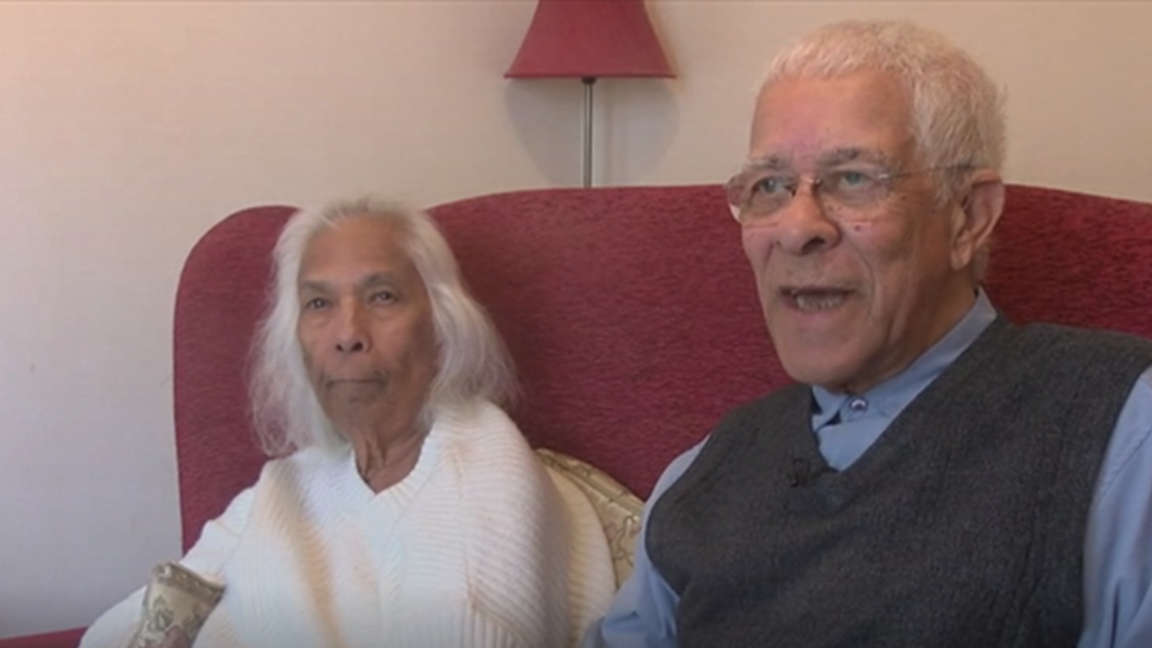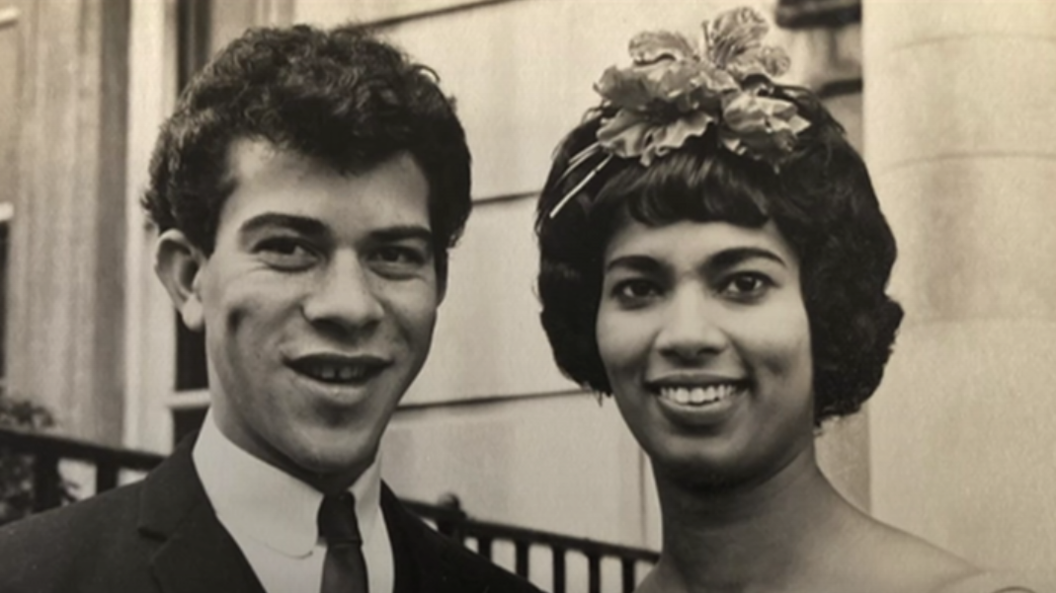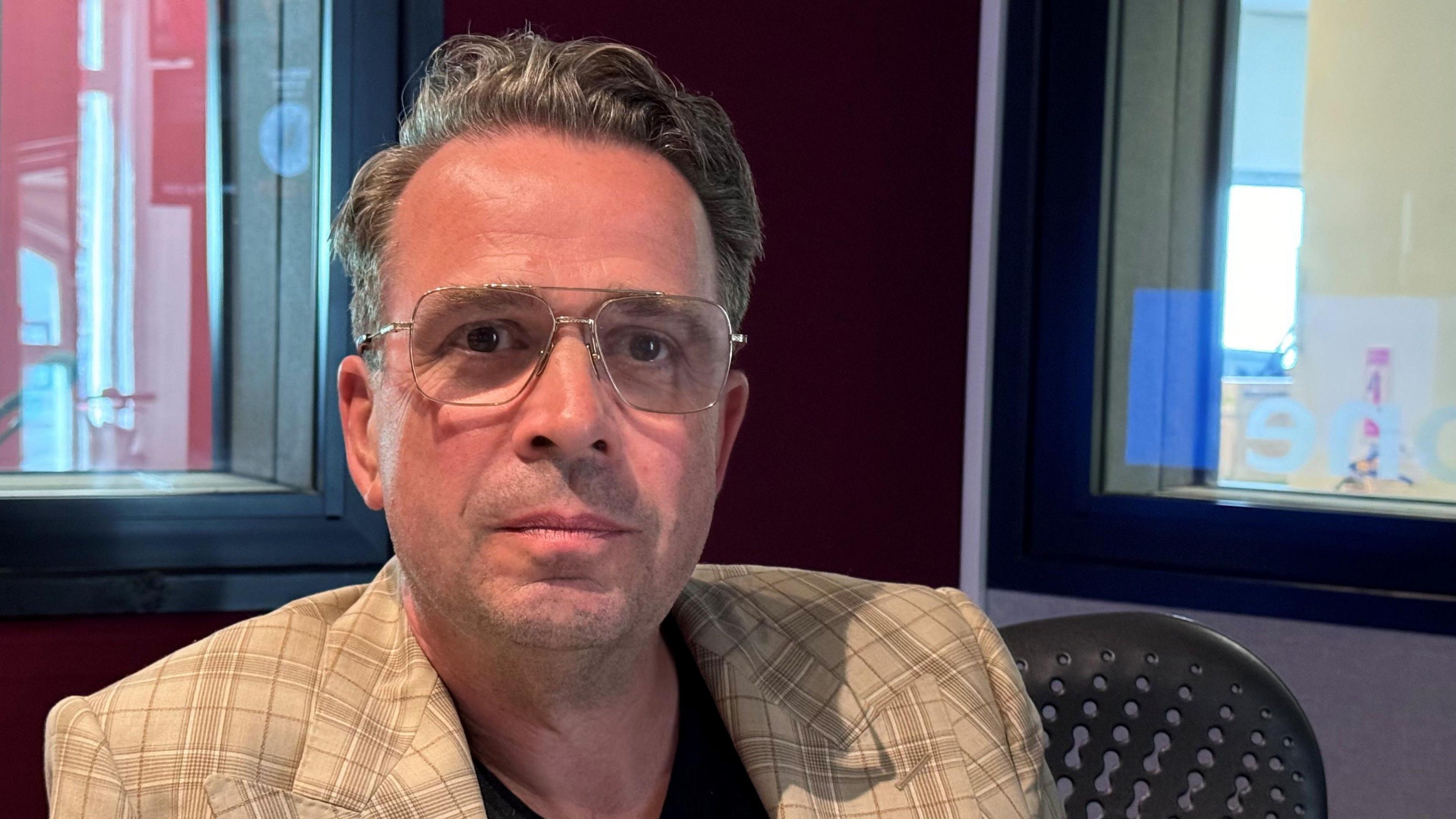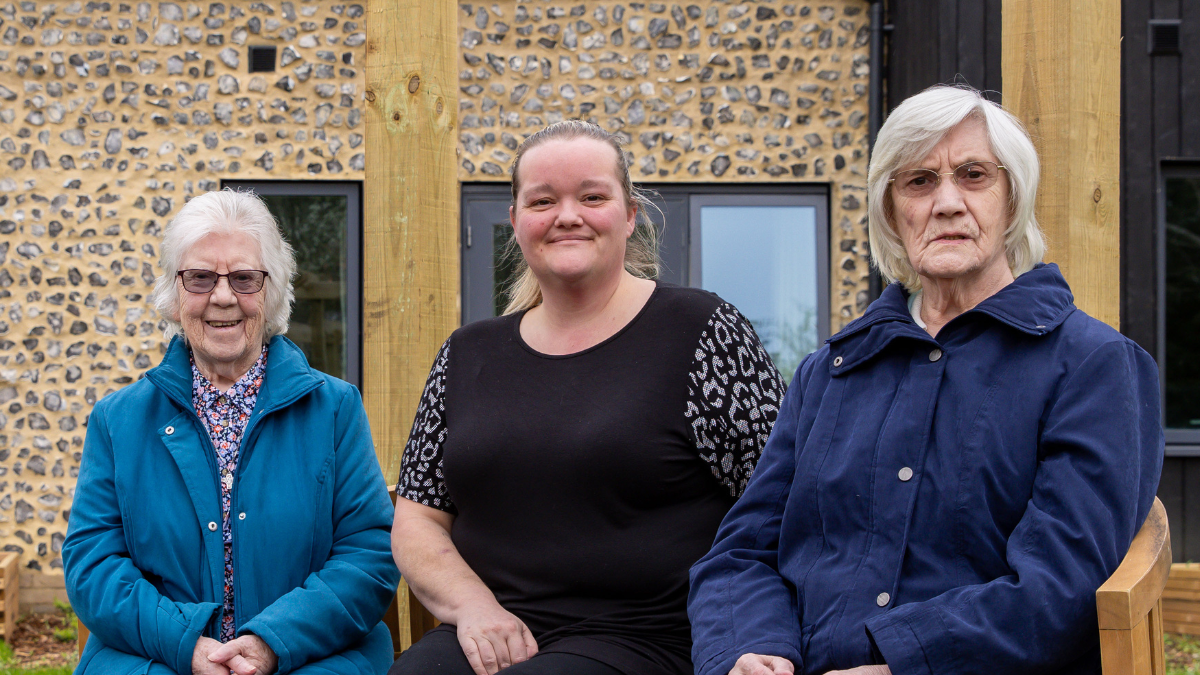'Caring for my wife with Alzheimer's is an honour'

Bert Williams MBE with his wife Shirley. Mr Williams talks about what it is like caring for a family member living with Alzheimer's
- Published
A Brighton man said he knew nothing about Alzheimer's disease before his wife's diagnosis but caring for her now is an "honour".
When Bert Williams' wife Shirley started repeating herself and struggling with her short-term memory, their daughter feared she had the degenerative disease.
Mr Williams said getting a diagnosis for his wife, who he has been married to for nearly 60 years, "educated him".
The founder of Brighton & Hove's Black History Project said he is now "determined to look after her".
Mr Williams MBE said: "The first year of Shirley diagnosis, we were taken to a club where we met other people with Alzheimer's and the carers.
"It was difficult for me because I knew nothing about Alzheimer's, but going through the health assessment it educated me."

Bert and Shirley Williams have been married for nearly 60 years
Throughout this week people have been sharing their experiences as part of the BBC's Memories and Dementia project.
Mr Williams, who arrived in England from Jamaica in 1960 at just 16 years old, worked at the Royal Air Force before working for the NHS.
He said he believed an early diagnosis has slowed down Shirley's decline.
He said he involved his wife in everything he does and added: "To me, caring for Shirley is an honour because of what she has done for me.
"It's the least I can do for her.
"I feel proud to do it. She gets a bit uptight some times but not very often."
Dr Tim Beanland, from Alzheimer's Society, said: "One million people in the UK are currently living with dementia and that figure is growing, we're all getting older.
"This figure will reach 1.4 million by 2040.
"It's quite a common condition and it's really testing our health and social care systems."
Follow BBC Sussex on Facebook, external, on X, external, and on Instagram, external. Send your story ideas to southeasttoday@bbc.co.uk, external or WhatsApp us on 08081 002250.
Related topics
- Published25 July 2024

- Published10 April 2024
